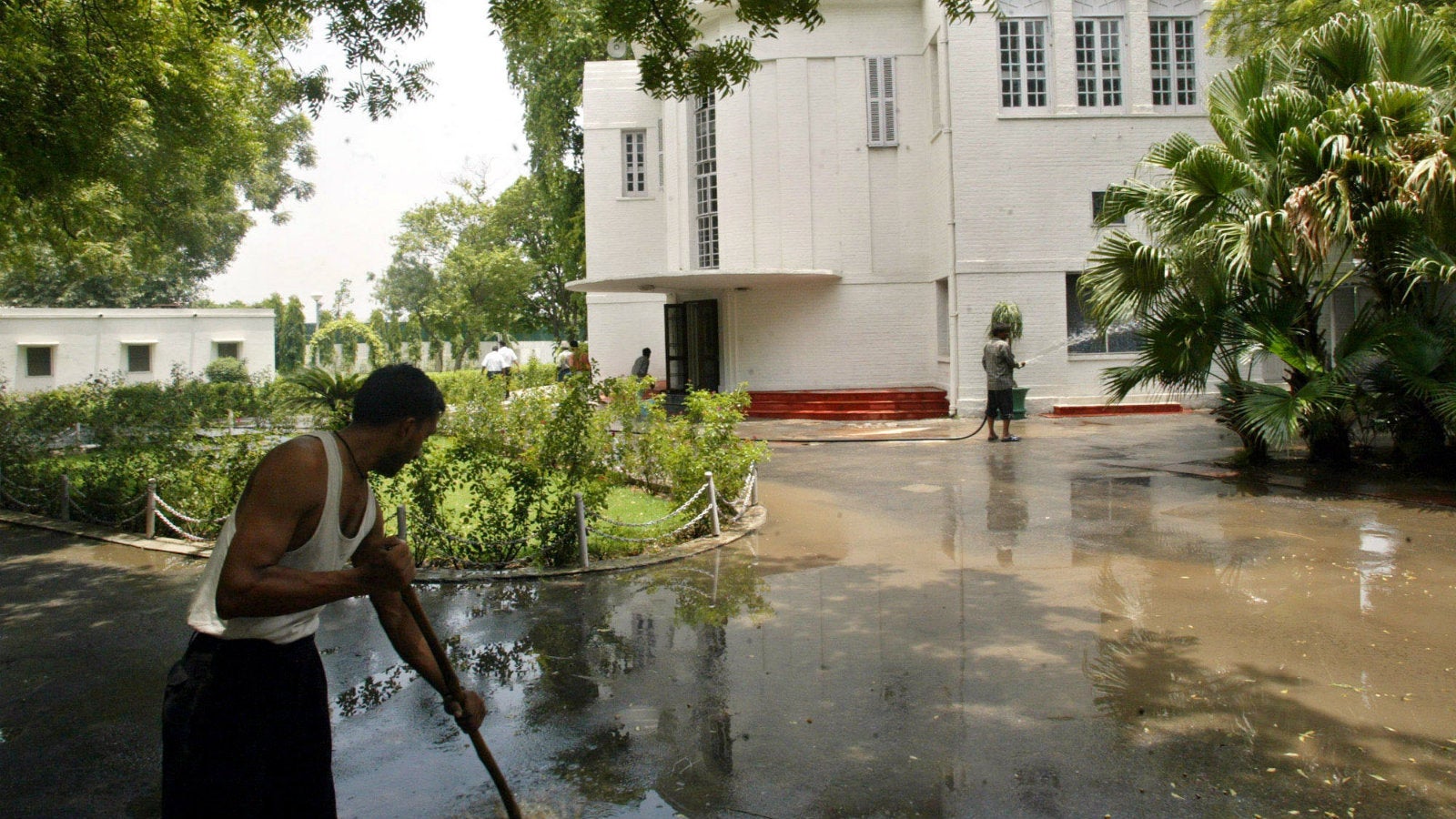Abused for years, India’s nearly 5 million domestic workers may finally get legal protection
A dispute between the residents of an upscale residential complex and the family and friends of a domestic help who went missing ensued in a riot-like situation in Noida, near Delhi, this July. Allegations, counter-allegations, and police and political intervention brought intense focus on these developments.


A dispute between the residents of an upscale residential complex and the family and friends of a domestic help who went missing ensued in a riot-like situation in Noida, near Delhi, this July. Allegations, counter-allegations, and police and political intervention brought intense focus on these developments.
At the roots of the controversy was the absence of labour laws covering India’s over 5 million domestic workers, renewing a debate on the need for better working conditions for them.
All this may finally change now.
India’s labour ministry is set to formulate a national policy for domestic workers, looking to provide them with legal status and a social security network, a circular released on Oct. 16 said.
“The aim is to explicitly and effectively expand the scope of applicable legislation, policies, and schemes to grant domestic workers rights that are enshrined in laws for other category of workers,” Rajit Punhani, director general of labour welfare, noted in the circular.
The policy will seek equal remuneration, minimum wages, fair terms of employment, and grievance redressal.
If the policy is adopted, these workers will be granted the rights to form unions and given protection from violence and abuse. They will also have access to health and maternity benefits and old-age pensions.
The ministry has now invited comments from the general public on the draft within one month.
Most Indians domestic workers are overworked and underpaid. Their average salaries are not more than Rs3,000 ($46) a month, a survey conducted last year shows. Maids in the US earn close to $11 (Rs714) per hour.
Several elite Indians employ who domestic help for cooking, cleaning, and other part-time jobs have been accused of abusing them. Even Bollywood celebrities have been caught on the wrong foot.
The International Labour Organisation has also flagged domestic workers as part of India’s invisible workforce, underscoring their vulnerability and lack of protection